Latest News
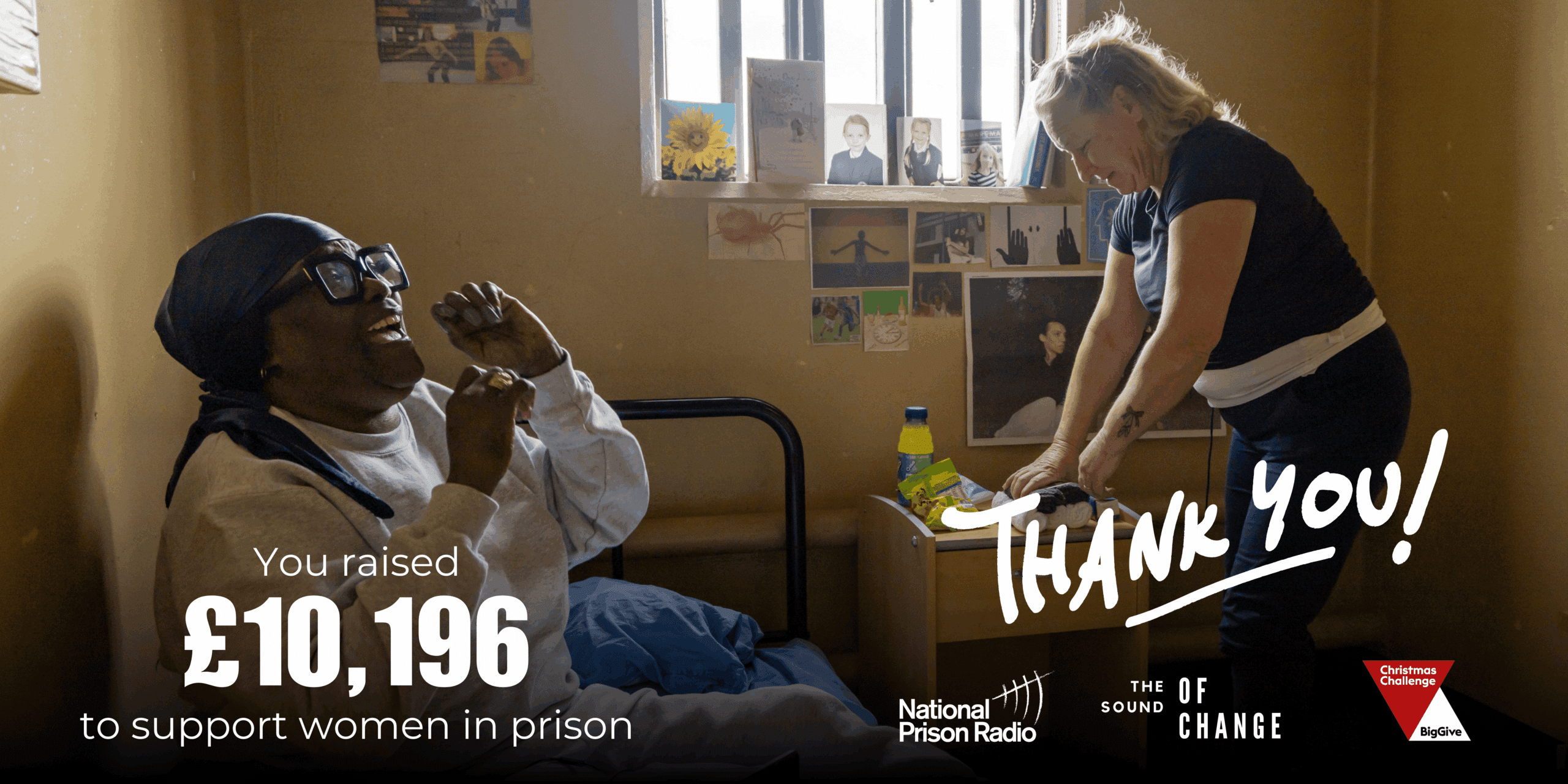
Tweet us@PrisonRadioUK
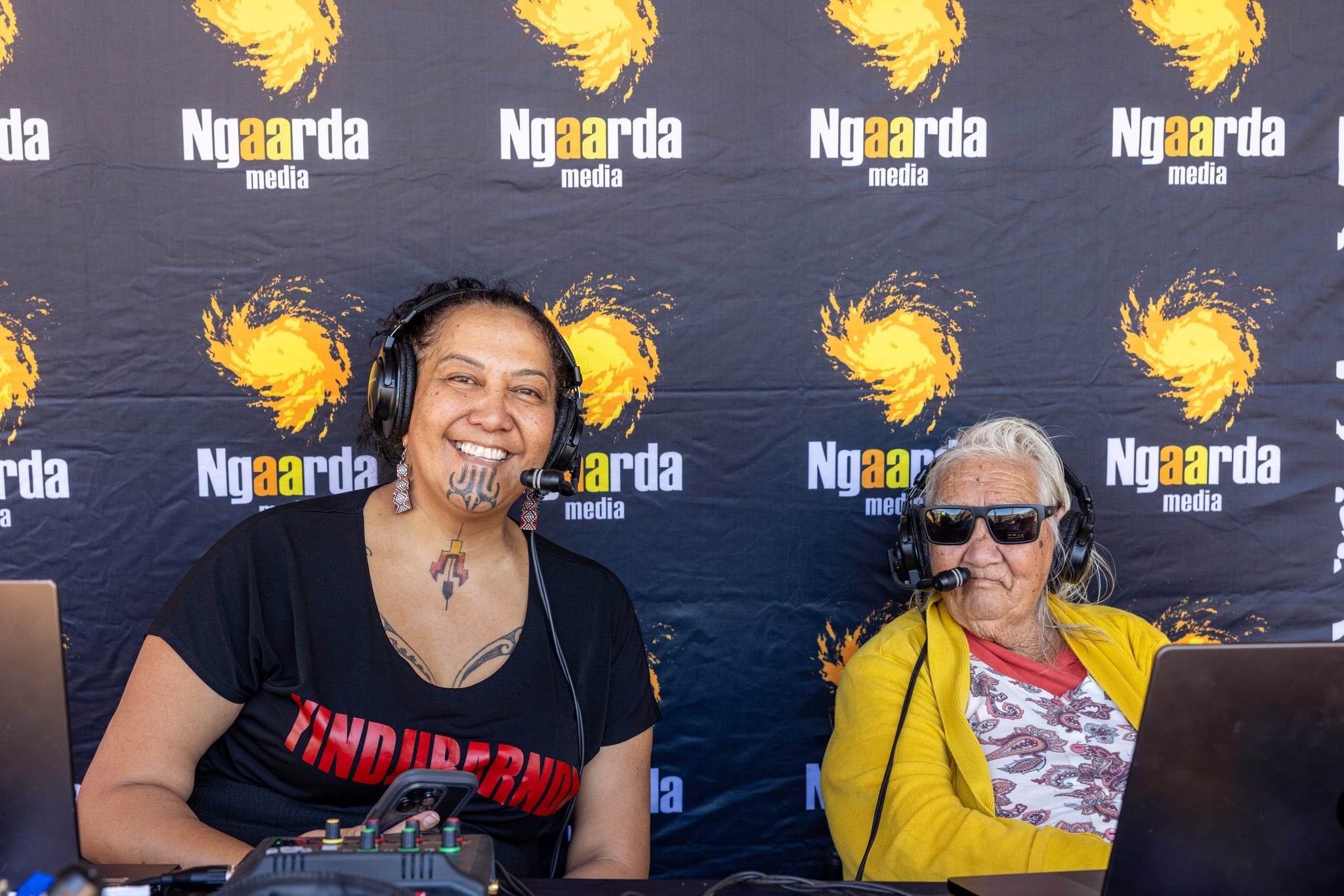
At Prison Radio International (PRI), our aim is to build a community of radio projects worldwide that engage with people in or affected by criminal justice systems. We strive to cultivate a collaborative global network, sharing expertise, resources and best practices to harness the transformative power of audio.
To support the development of this growing global community, we are mapping prison radio initiatives around the world through our Global Prison Radio Survey. We invite anyone involved in running or planning prison radio projects to share your experiences, including your work, challenges, and aspirations. The survey enables us to gain insights into how we can best help to strengthen the network and spotlight the inspiring work being done in this field.
Welcome to the second edition of AMPLIFIED, our monthly newsletter designed to celebrate this vibrant community. Through AMPLIFIED we share updates, stories, and inspiration, ensuring that we remain united in our shared goal to amplify unheard voices and drive positive change.
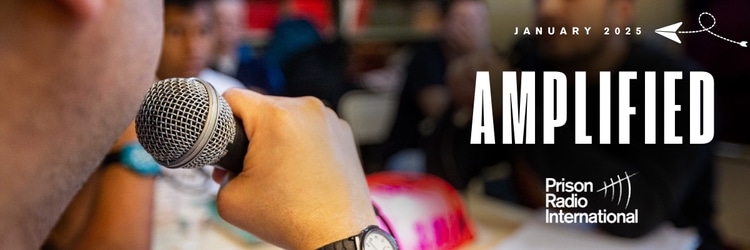
In this issue, we are very proud to highlight the inspiring work of Ngaarda Media Aboriginal Corporation in Western Australia, whose innovative approach to audio storytelling bridges cultural divides and strengthens communities. Their work demonstrates the immense potential of radio to foster connection and healing, both within and beyond prison walls.
We are immensely grateful to Ngaarda Media’s inspirational CEO Tangiora Hinaki – for taking the time to answer our questions.
We hope you find Ngaarda Media’s story as inspiring as we have!
Let’s continue to amplify voices together.
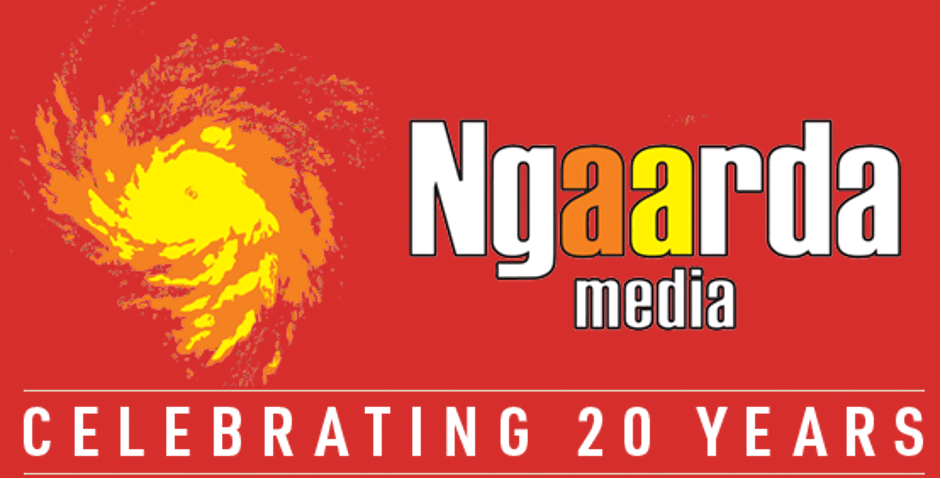
Radio project name: Ngaarda Media Aboriginal Corporation
Location: Roebourne, Western Australia
Tell us a bit about your project – when and how did it all start, and what is its purpose?
Ngaarda Media has been in operation for 20 years. We have always run a prison program outside of the prison. Inmates send in their music requests and messages to loved ones, and we broadcast the program once a week for two hours.
We’ve recently received funding to build a radio studio inside the prison, and while it is up and running, we haven’t officially launched the project yet.
For the past three months, I’ve been going into the prison once a week to run workshops on storytelling and working a Zoom mic. We then interview each other. Right now, we can’t record inside the prison studio because of a tech issue, but we’re working on fixing it.
The program is for inmates and their families across the Pilbara, Western Australia.
We produce it at the Ngaarda Media studio.
How do people react when you tell them about your involvement with prison radio?
Many people still do not know that we have a radio studio inside the prison because we have not told the story yet. We want to make a big splash and invite the Minister for Communications, as we would like the project to be funded.
We have received negative feedback on social media about the weekly prison program we produce, with questions raised about why inmates should have the privilege of learning about broadcasting when they are criminals. When I saw the comment, I realized that not everyone shares the same belief, and we are focused on “closing the gap” for Aboriginal people to break the cycle and heal.
Radio and storytelling are powerful tools to help others overcome trauma.
What kind of impact has your project had on people involved with the criminal justice system?
It’s early days, as we are not yet at the stage where inmates are hosting radio programs. However, over the last few months, while spending time with the male inmates, I have watched them grow in confidence right before my eyes. They started off shy when we went around the circle to share where we are from and what our passion in life is.
We often interview inmates who have found success after prison or who have been working on projects inside with permission from WA Corrections. We also have a good relationship with the local prison and have been invited to film or host karaoke for families coming in for Christmas.
Inmates have been interviewed about fishing, hunting, ghost stories and where it’s not safe to camp, love for their children, love for sport.
How has your project influenced public opinion or the broader community outside of prison?
I approached former Corrective Services Commissioner Tony Hassall five years ago about the idea of a radio room at Roebourne prison. He loved the idea, having heard about a similar project in a Kimberley prison. He saw the opportunities for rehabilitation, training in broadcasting, and future jobs. The public can listen via the Community Plus app on their iPhone, our website, or our FM frequency in the Pilbara.
What’s been the most unexpected challenge, and how did you overcome it?
This year, I had to be inducted into the prison system again, and there are more rules regarding filming inside. I used to get permission from the superintendent, but now I need to get permission from the new WA Corrective Services Commissioner.
Another challenge with the prison is that issues can take a while to fix. For example, the computer inside the radio studio needed a software update, had to be sent to Perth, and wasn’t wired properly when it was returned. So now the editing suite is not picking up audio when we try to record in the studio.
What’s your secret to keeping the project going?
Passion and drive for the project. I am always hustling and looking for opportunities to tell influential people about it. Visiting the Prison Radio Association in the UK was another chance for stakeholders in Western Australia to hear and see what the opportunities could be for Roebourne prison.
I am actively looking for funding opportunities for this project, but money does not stop me from doing the work. When you do the work, you gain an understanding of its importance and have real-life people and experiences to gauge the model.
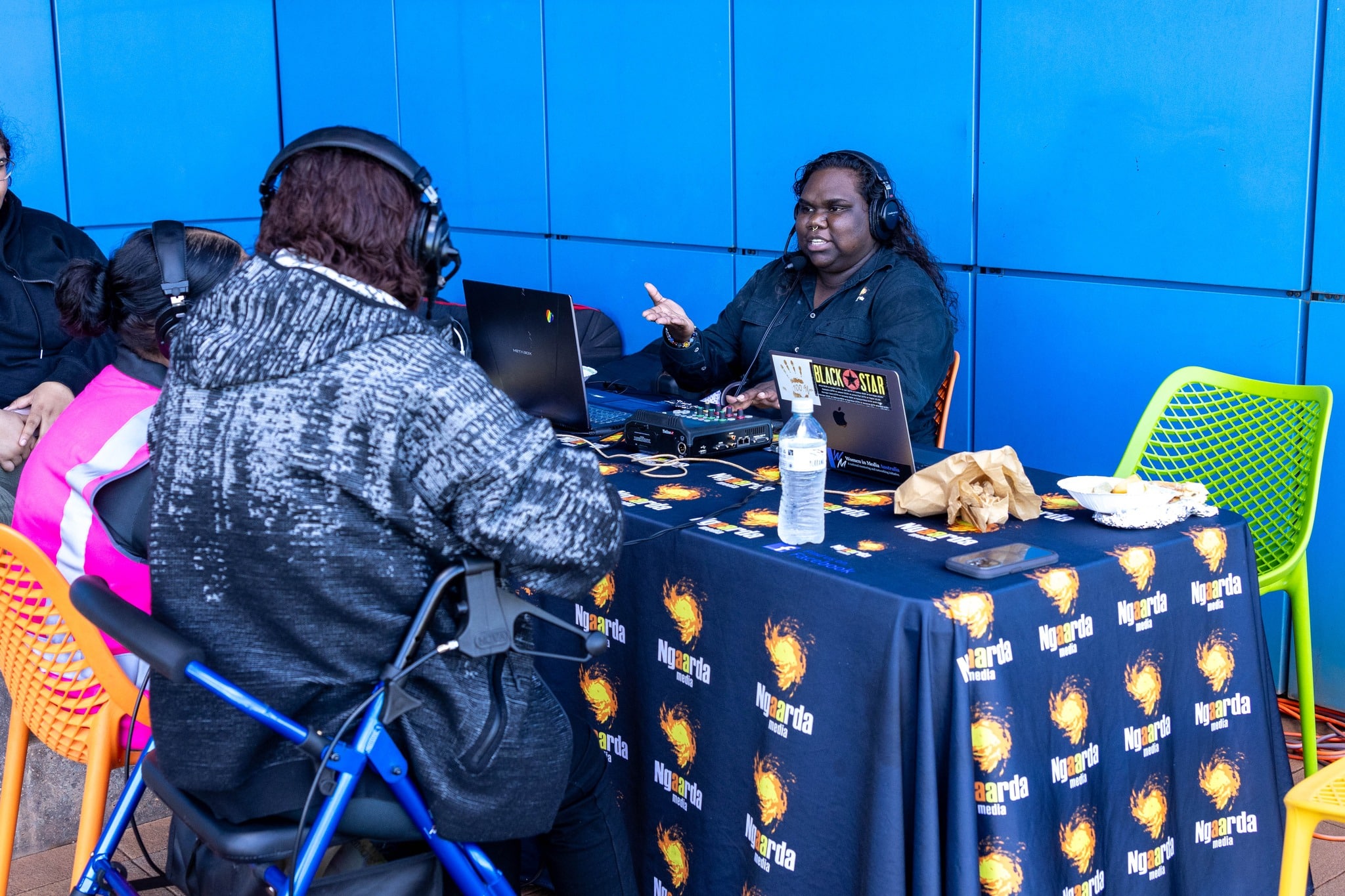
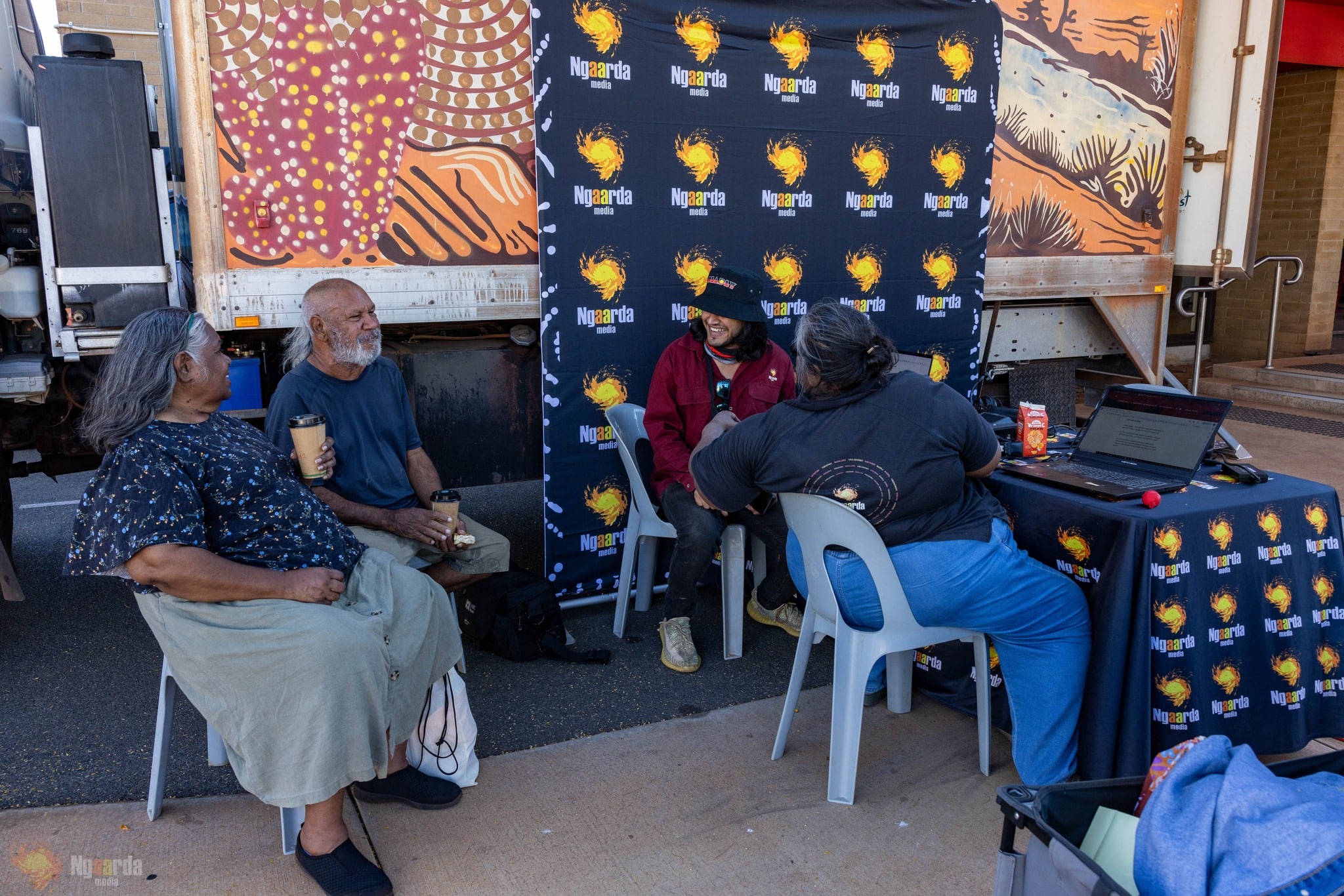
The right to communication is often taken for granted. What do you think the role of prison radio is in upholding this right, and why is it so essential for people living in prison to have a voice?
Ngaarda Media is often tipped off by families who have spoken to their loved ones on the inside, which gives us the opportunity to reach out to Corrective Services to find out the facts. A huge story over the years has been the extreme heat inmates face in the summer with no air conditioning. Finally, air conditioners are being installed this year, but inmates won’t enjoy that luxury until the summer of 2025.
The prison radio program we run helps the mob with their mental health. Many of the inmates worry about their wives, husbands, children and families. They send meaningful requests to their loved ones on special anniversaries, which gives them peace of mind. Families will call us and ask if we could send a request back, so sometimes it’s back and forth.
The radio program helps reduce isolation, and often when inmates are released, they stop in to thank us for the program. Hearing Ngaarda radio on the inside also keeps them informed about what is happening in the outside world. During my last visit, one of the inmates wanted me to teach him how to use the Zoom mic so he could record songs in the Ngarluma language. Language preservation is also healing our mob.
If you had to give one piece of advice to a new prison radio project, what would it be?
Build relationships, sow the seed and pitch the vision, then get the work done even if you do not have funding. The blessings will follow.
What’s your vision for the future of your project?
I was inspired when I visited National Prison Radio headquarters inside Brixton Prison in London and spoke the Prison Radio Association’s CEO, Phil Maguire about how it all started.
I loved the idea of inviting special guests in for inmates to interview. I’m excited to get that off the ground.
Our future ambition is to have inmates produce the prison program from the inside, and then Ngaarda Media will play the program from our studio on the outside. The local prison has an education program and is certified to deliver TAFE courses. We look forward to delivering courses in radio production in the future and to hiring mob once they are released from prison.
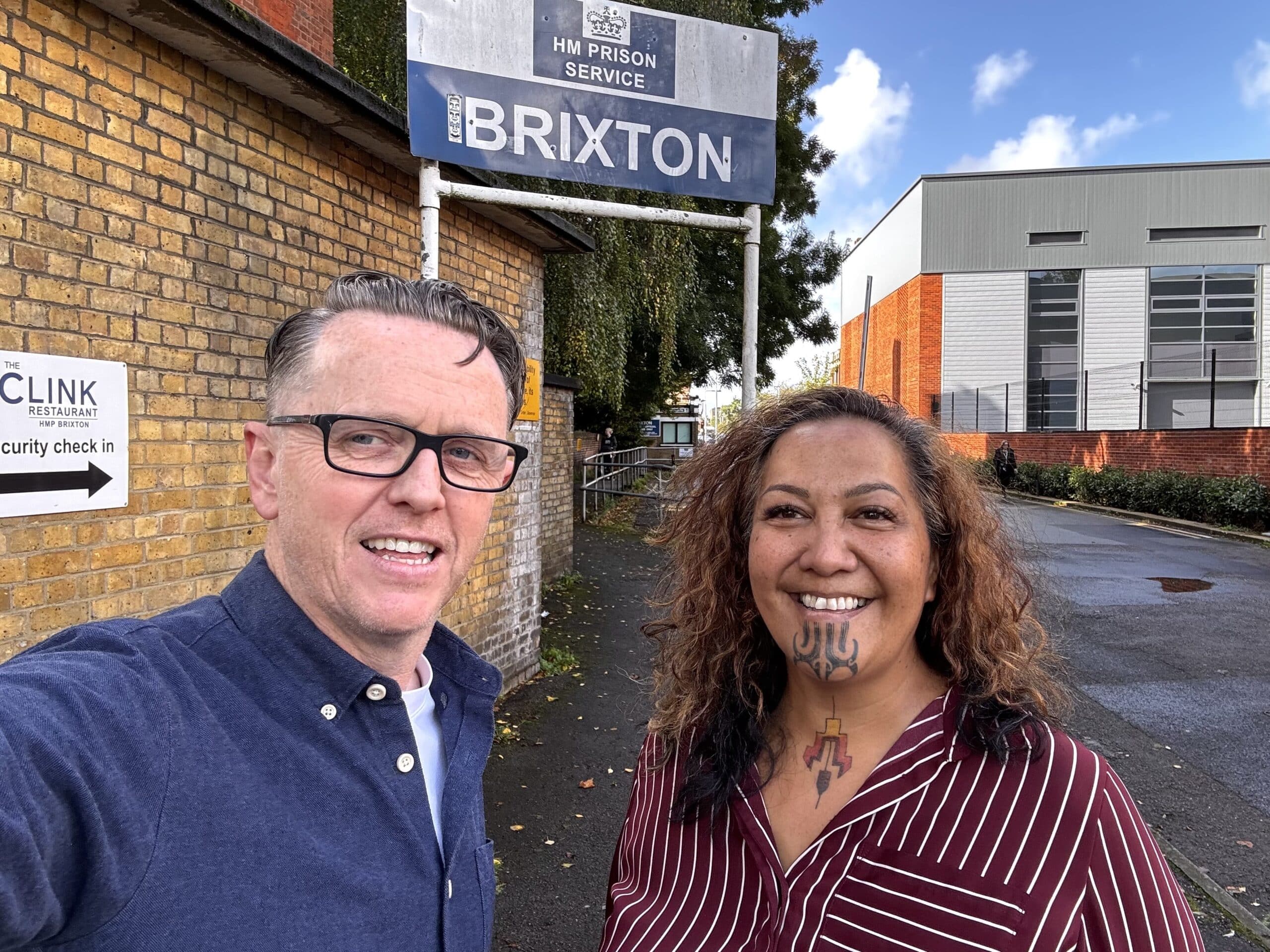
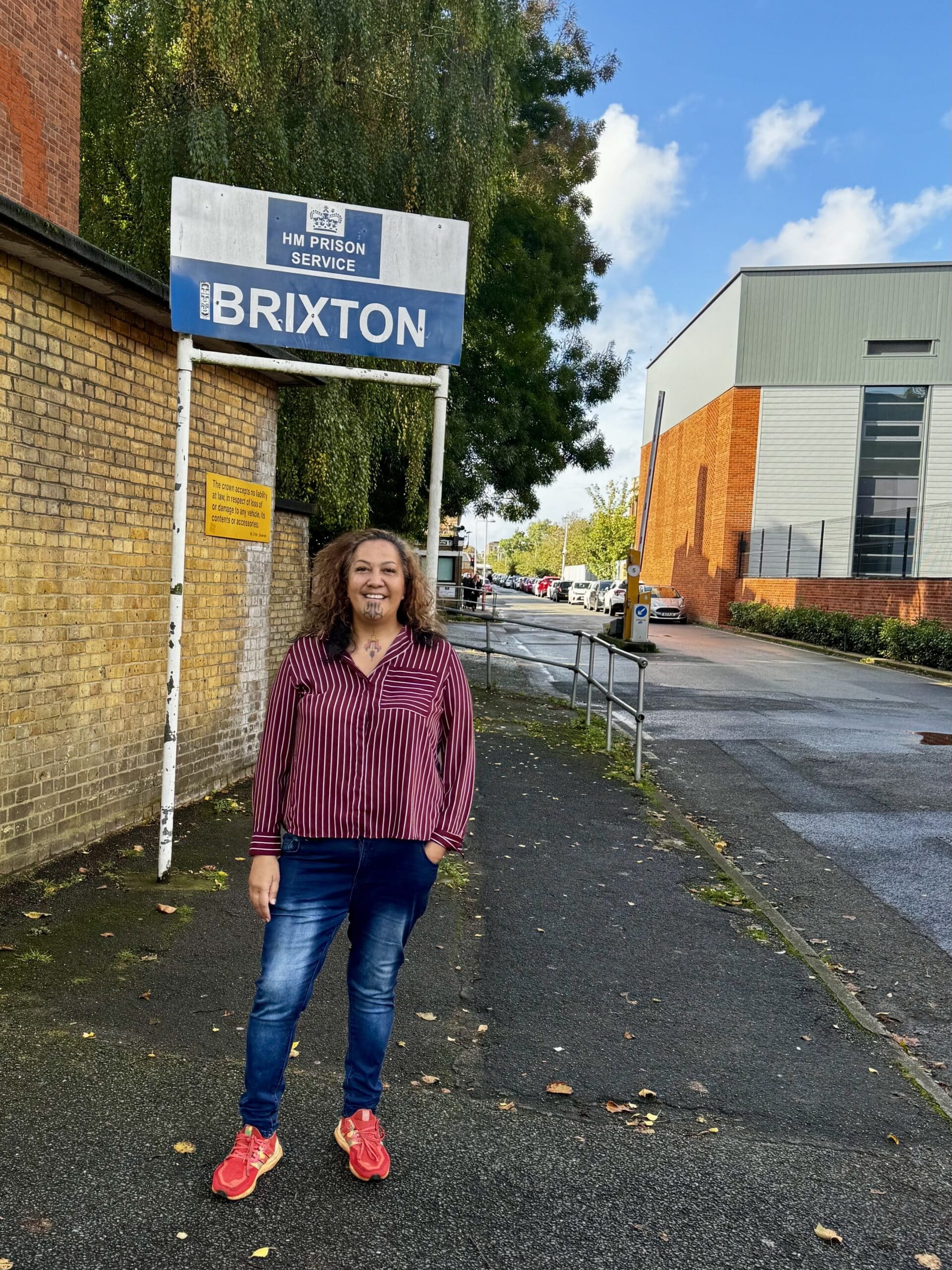
Finally, is there anything else you’d like to share with the international prison radio community?
I’m grateful that we do not need to start from scratch. The partnership with the Prison Radio Association in the UK will give us a starting point to brainstorm our model, inspired by seeing what UK prison radio and other prison radio programs around the world are doing.
We look forward to being part of the international community and networking to share ideas, so we can continue to make a difference in people’s lives.
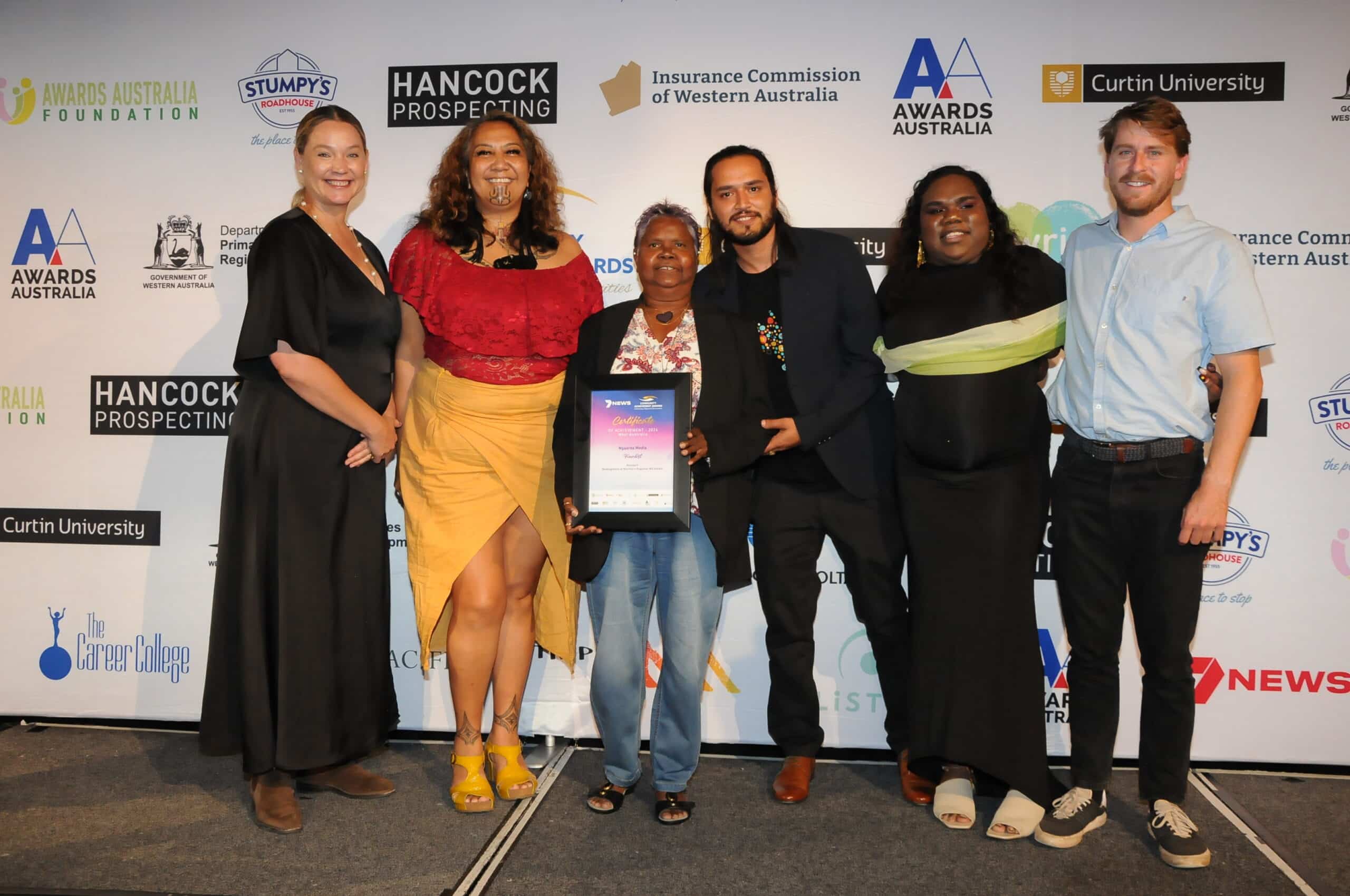
At Prison Radio International we know that quality prison radio improves and even saves the lives of people in prison. It provides a lifeline of communication for the loved ones of people in prison. It can play a pivotal role in contributing to a more informed public dialogue about how we respond to criminal harm.
We believe prison radio, when done well, gives incarcerated people agency. It plays an important role in humanising people living in prisons. It can create meaningful dialogue between those running prisons and those living in them. It can help incarcerated people to influence how prisons are run.
By supporting the development prison radio worldwide, we want to see prisons become less damaging environments, better equipped to support people through incarceration.
If you have not yet completed our Global Prison Radio Survey, join our community network by clicking here.
Stay connected with Prison Radio International:
X – @prisonradioINTL
Instagram – @prisonradioINTL
The Prison Radio Association is a registered charity. Our work helps people to cope with life in prison and succeed after release. You can support our work by donating at: prison.radio/donate.